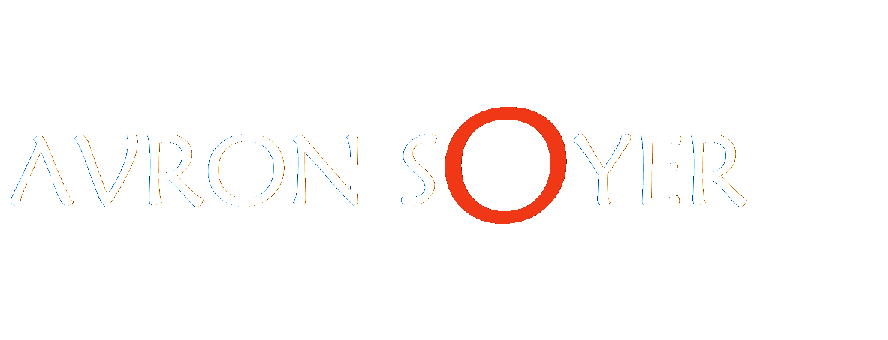Opening through “The Foundational Disciplinary Anatomy” of Sociology-Psychology[1] (2000)
1.Opening
Disciplines are “lenses” … Not glass. Sapient…. Personal-interpersonal.
There is a sense in which lenses not only discover but also invent “the world” they explore (without eyes no visual world).
Our project is “discipline reconstruction.” We focus on “foundations.” Foundational inquiry is in direct dialogue with experience. It is open to surprises.
In sociology-psychology, foundational problematics include “constitutional,” “existential,” “methodological” and “cartological.”
2.Some Disciplinary Problem Constellations[2] [3]
2.1. Constitutional
Our focus is constitutional: we seek a generative problematic, a disciplinary identity, required problems and co-constitutive concepts.
2.2. Existential
Existential foci include discipline, “actor” and “other”. Actor includes “person” and “author”.
Disciplines do not directly escape but work in and through our life together and apart. A discipline is, whatever else it also is, an existential standpoint: a way of being (thus of seeing).
Uniqueness, inwardness and autonomy are co-constitutive aspects of our life together and apart. They should not be ruled out of sociology-psychology.
In order to avoid hubris, which is always a betrayal of reason, one must insist on the disciplinary relevance of person and author. This requirement cannot be met by juxtaposing autobiographical facts to neopositivist designs…. We must learn from art (as Plato near the beginning learned from Greek explorations of dramatic form).
The author – as constellation of inwardness, pattern of sensitivity, autonomous dynamic, style of experience and action, etc. – must be woven into texts, and into the discipline.
It is important not to build a taken for granted split between active creator and passive “object” into the foundations of sociology-psychology. I -Thou recognition must be extended to “the other”.
2.3. Methodological
Disciplinary processes should not rule us outside awareness as the wind moves trees….
Within sociological-psychological theoretical reason, all tasks (e.g., discipline reconstruction) are methodological.
2.4. Cartological
Cartology refers to mapping. Mapping directly addresses a disciplinary “phenomenal domain.”
It contributes to cumulative inquiry by integrating reports from diverse explorations.
The “phenomenal domain” of sociology-psychology is “our life together and apart.” In these foundational essays we focus on the generically human. (If x is not unique then x is not human. Thus inquiry into the generically human must explore uniqueness.)
Mapping requires the construction of relevant interpretative/explanatory schemas.
Maps are influenced by the problems they address and the dimensions they select (e.g., if one desires to understand our life together and apart for its own sake and in its own terms, or only as an arena for manipulation).
One can map an exploration as well as the territory it traverses…. One can explore, thus map,
map making.
3.On the Organization of this Manuscript
In this manuscript all these concerns should always be in play (not isolated but in and through dialogue, mutually shaping and shaped by each other together). Yet focus changes (not either/or but more or less).
Sections I, II and III are stylistically open and explicitly dialogical .They directly focus on constitutional and existential foundations.
Section IV focuses on incorporating the legitimate concerns of social/behavioral science in dialogical sociology-psychology. – It emphasizes mapping generically human dynamics. It is dominated by direct exposition. Yet these neopositivist concerns are in motion towards an autonomous dialogical sociology-psychology.
If foundational problems, personal vision, and literary innovation are allowed at all in “social/behavioral science,” they are only temporary expedients. To use the metaphor of the state, they are only granted “temporary work visas,” to use the metaphor of construction they are scaffolding. If this were my vision of sociology-psychology then this manuscript would end with section IV.
We offer full citizenship to all relevant “voices.”
Section V directly emphasizes the constitutional and existential. It includes images, narratives and relatively unprocessed “retrospective field notes.”
This manuscript usually focuses directly on “the basic fabric” of our life together and apart. Yet section VI proceeds from regional problems, including education, deviance, social and personal pathology, and “modernity”.
These essays end the manuscript but were crucial to its construction.
There is no officially designated conclusion. The final essay in section VI is its last opening.
Throughout these essays (even in section IV) personal voice is invited and sociology-psychology is recognized as, whatever else it also is, an existential standpoint…. Because the struggle for self-knowledge is crucial to theoretical reason methodology is omnipresent.
Footnotes
[1] Direct influences on these notes include Sigmund Koch (1985), Pitirim Sorokin (1947) Bernard Rosenthal (1971) and Maurice Stein (1972).
[2] In this manuscript the term “problem” does not designate a single homogeneous isolated unit. Problems are relational. The terms “problematic”, “problem constellation” and “problem configuration” emphasizes interconnection.
[3] We require a term that suggests relatedness qua relatedness. “System”, “configuration” and “structure” favor hierarchy. “Pattern” and “constellation” are appropriately open. Influenced by Gerard Degre (158-161) we select “constellation”.
